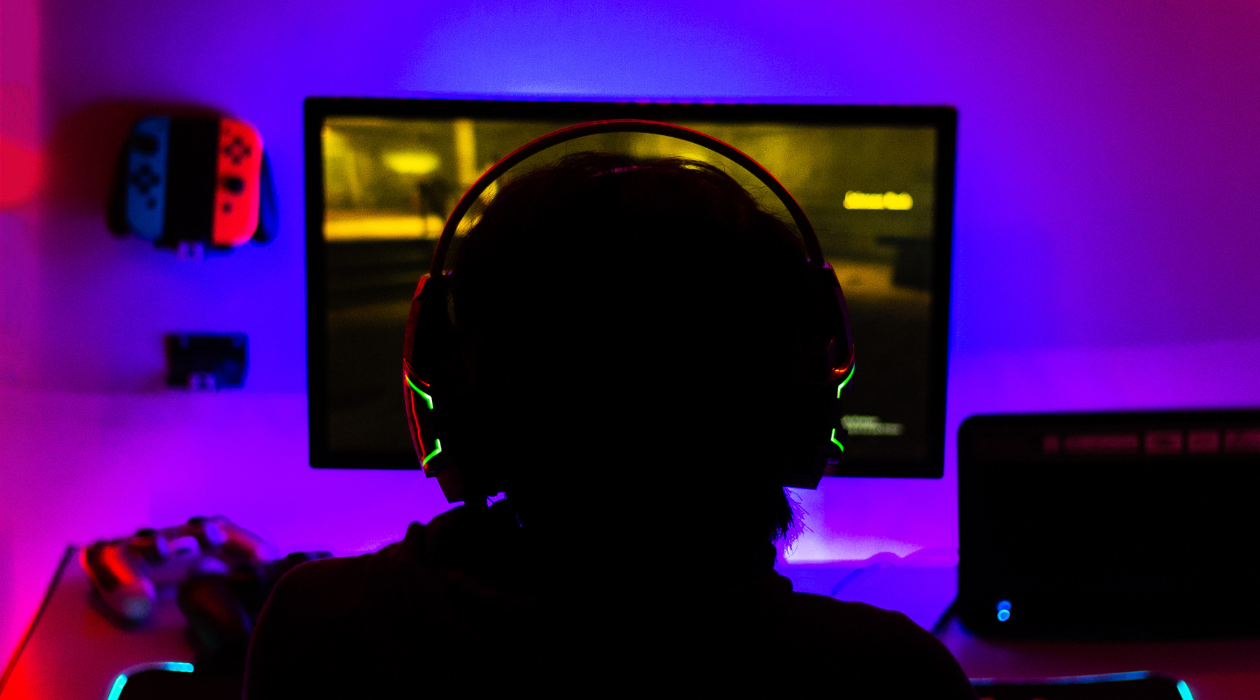Shifts in Gaming During the COVID-19 Pandemic

By: Kylie Reed, TMA Gaming Apprentice [Header image credit: Canva]
The pandemic spread of COVID-19 has significantly altered the gaming landscape and the ways in which consumers are engaging with electronic entertainment.
The most obvious change is the cancellation of in-person gaming events such as Electronic Entertainment Expo (E3), South by Southwest (SXSW), and numerous gaming competitions. However, gaming has also seen some important favorable changes and trends in the current crisis.
Increased gaming consumption due to social distancing.
Online gaming and digital game distribution have increased dramatically since the widespread adoption of social distancing measures. For example, Steam registered its highest-ever concurrent user record after the implementation of shelter-in-place orders in California and other states. Similarly, online streaming services have seen increased viewership and engagement as evidenced by concurrent viewership rises on Twitch, Mixer, and other services.
Gaming platforms provide digital replacement for physical limitations and closures.
Discord increased the number of participants per voice call to 50 members to allow for use of this platform as a virtual classroom by displaced teachers. Another example of the physical space being replaced by virtual spaces is the gym, where fitness games are being adopted as a method for obtaining a workout in the absence of physical gym equipment.
Finally, the widespread closure of sports leagues around the world has prompted many professional sports teams to use video games as a method of staying connected to their sports and their fans. A striking demonstration of this phenomenon is when 170,000 fans watched Real Madrid win the FIFA tournament sponsored by La Liga in lieu of physical soccer matches.
Gaming businesses adapt services for societal benefits and possible pandemic solutions.
A technical example is provided by the graphics card manufacturer NVIDIA, which called on PC gamers with high-end gaming cards to use their excess power in modeling COVID proteins. A physical example is Razer, a gaming computer and accessory manufacturer that has begun to create surgical masks to address the shortage in personal protective medical equipment.
Charity streaming has also increased in prominence with large platforms such as Twitch setting up COVID charity events. Gamers have even been turning to epidemiology related games such as Plague Inc., which has responded by working together with public health authorities to educate the public on preventive health measures.
Tactics for engagement.
From these examples, we can see how games and gaming companies are rapidly seeing increased engagement. Many are leveraging their online networks and systems to help others in virtual classrooms and gyms, as well as broader interventions like charity and science. Together, these trends show how gaming is stepping into the spaces left open by the closure of major institutions like schools during social distancing.
Marketers observing all this growth and positive PR may find the gaming space more alluring than ever. Brands seeking to engage during this time should understand that the focus is not on selling products or services, but rather on building authentic brand relationships by making daily life easier through challenging times. This can consist of giving out free games or streaming games such as Wendy’s streaming animal crossing to allow consumers to remain entertained while sheltering in place.
Tactics could also be more complex, such as the creation of in-game educational libraries like the Minecraft education collection, which “lets players explore the International Space Station through a partnership with NASA, learn to code with a robot, visit famous Washington D.C. landmarks, find and build 3D fractals, learn what it’s like to be a marine biologist, and so much more.”
As the landscape remains altered by the closure of physical spaces, brands will need to focus more on digital content, causing them to become even more creative in how they step up to improve lives.
About TMA Gaming
We help brands navigate the gaming and esports space with strategic recommendations and activations covering gaming community events, esports sponsorship negotiation, publisher partnerships, content production, influencer and more. Our work can be seen in collaborations with State Farm, Nintendo, Wrigley, GameStop and the U.S. Army.


